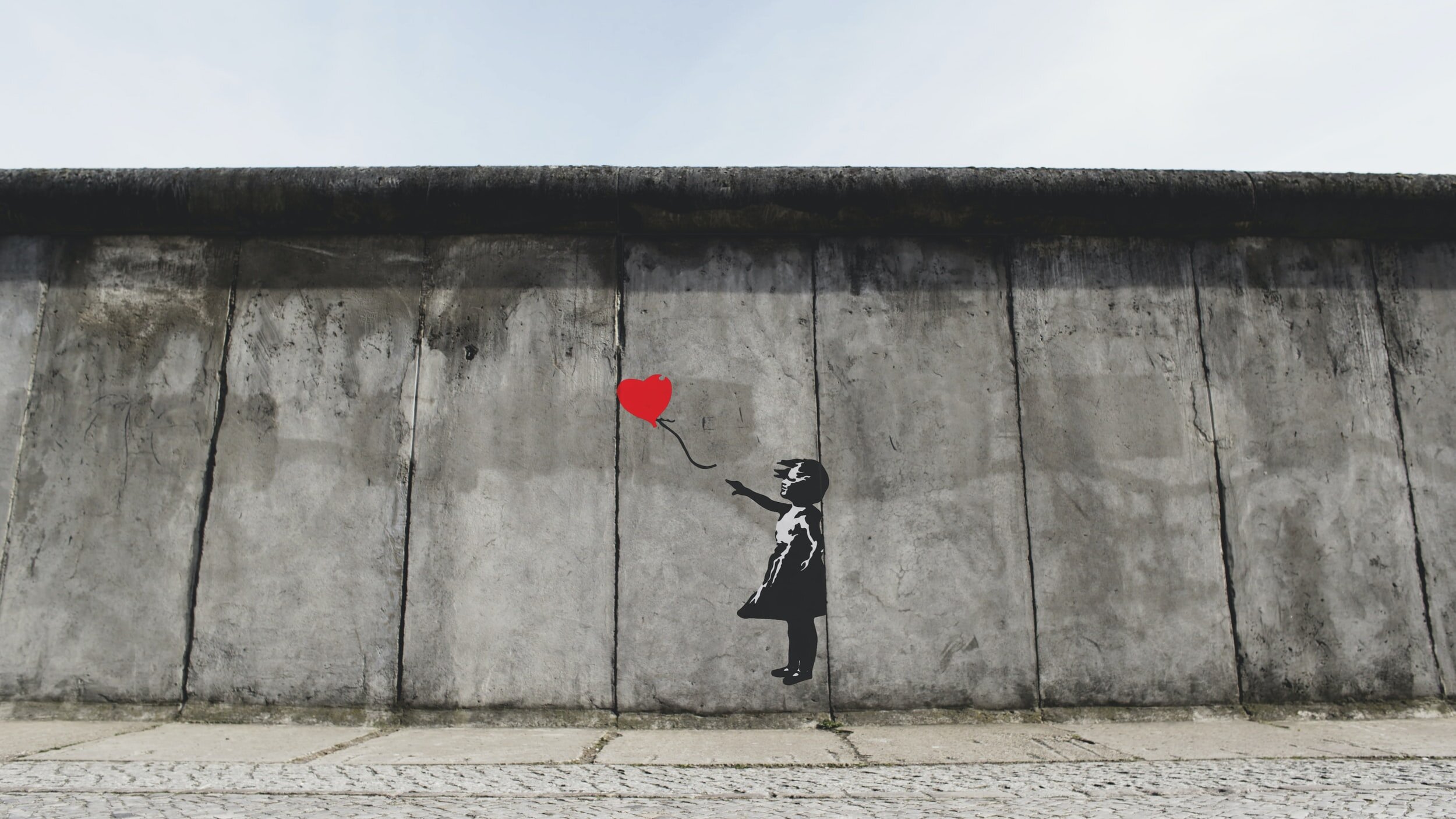Blurred lines between public health advocacy and social activism
Last summer I joined the crew of the Louise Michel, a rescue ship funded by the British graffiti artist Banksy. Its primary aim is to avert shipwrecks and prevent individuals from drowning as they cross the central Mediterranean from Libya in unseaworthy boats, with Europe as their intended destination. The reality of this treacherous journey is bleak, as boats often have insufficient fuel and are incapable of managing the rough seas. Navigation and life-saving equipment is lacking on board, as are food and water. Thus, the Mediterranean Sea is commonly regarded as the deadliest border in the world. As a result of the time I spent aboard the Louise Michel, and subsequently during this year studying public health at LSHTM, I have been increasingly considering the intersection between advocacy and activism.
Photo credit: Unsplash
Migrant crises in the time of COVID
Advocacy is an integral element of working in public health. It is part of our professional duty to raise relevant stakeholders’ awareness of pertinent issues. Over the past few years, state-sponsored rescue missions in the Mediterranean have significantly diminished. Civil rescue ships financed and operationalised by grassroots organisations and NGOs have stepped in to fill the gap left by state inaction, as there are still substantial numbers of people drowning. The conditions within this border - in the no-man's land of international waters between the Northern African and Southern European coasts - are either not witnessed or proactively ignored by state actors and thus are not obviously visible to policy makers. Furthermore, European border policy has shifted towards a nationalist rhetoric, wishing to prevent and deter those leaving their country of origin and traveling to Europe. This is achieved partly through financing, training and arming the Libyan “coastguard,” as well as a cooperative effort to intercept migrant boats and pull them back to Libya. As many agree, this policy is contrary to humanitarian law and the principle of non-refoulement – as Libya, a war-torn state, is an unsafe place for refugees and asylum seekers. Several of the aforementioned factors demonstrate how vital advocacy is in this context. Pressuring authorities can help to push issues onto the policy agenda and influence its outlook. The Louise Michel also existed for this reason: as a boat funded by a high-profile street artist and spray-painted bright pink, part of its function was to create a media frenzy and catch the attention of policymakers in Brussels.
Photo credit: Unsplash
However, not only are rescue missions at odds with European migration sentiment, but there has been significant legal action taken against civil search and rescue ships, individual crew members, and refugees themselves. Currently, crew from the ship The Iuventa are charged with aiding and abetting illegal migration and are facing potential jail sentences. These legal proceedings have been ongoing for several years. Many others are facing similar allegations. In this sense, the Louise Michel also became an icon: a rebellion against the criminalisation of ships and people, and a pink feminist act of solidarity with people on the move. It proved that despite state action to lock down ships and people, such threats would not deter those trying to prevent drownings. This type of action moves into the realm of activism, and I would define my work on the ship as a part of this.
Although these rescue missions are unlike many public health advocacy situations, they are not entirely unique. Other health professionals fighting against unjust, discriminatory or racist policies face similar conundrums: how to separate one’s individual social and political outlook from an issue that is inherently political. Delineating activism from public health advocacy seemed nearly impossible considering how the two were intertwined.
I will end with questions to which I welcome further discussion: how do we resolve the conflict between striving to deliver neutral healthcare and wanting to act upon our political ideology - is this possible or, indeed, necessary? Where does public health advocacy end and activism begin? At times, do we have a duty to be an activist in order to advocate fully for a cause, or is this overstepping our professional boundaries? What is the moral duty of a public health professional in a complex world?


